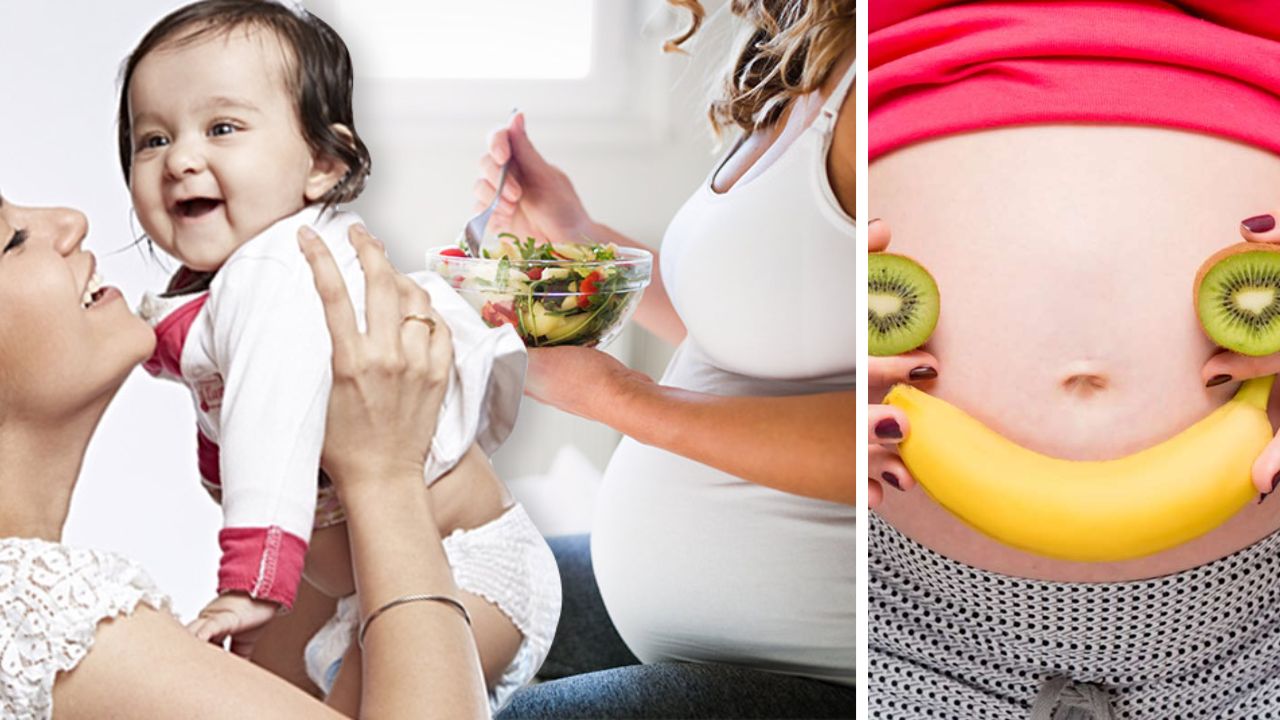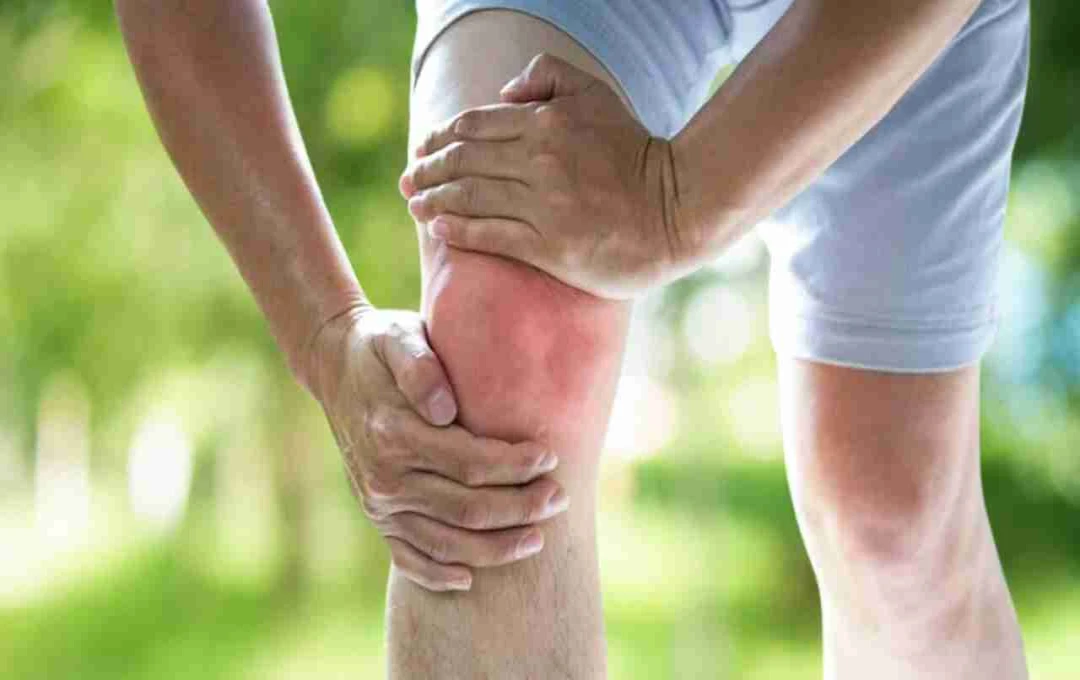Foods Every Pregnant Woman Should Eat for a Healthy Baby: A Diet Plan Chart
Every woman desires a healthy child. A nutritious diet during pregnancy is crucial to fulfilling this wish. The fetus's development depends on the mother's diet. Pregnant women should consume foods that meet the nutritional needs of their unborn child.
Pregnant women need to pay special attention to their diet to ensure the health of both themselves and their baby. Hormonal imbalances during pregnancy cause various bodily changes. Therefore, careful consideration of several factors is necessary. Amidst these physical and emotional transformations, women may sometimes feel confused about the appropriate diet during pregnancy.
Let's explore a comprehensive pregnancy diet chart, from breakfast to dinner, in this article.
Essential Foods to Include:
During pregnancy, women consult doctors and elders for dietary guidance. To ensure the health of both mother and child, certain foods should be included in the daily diet.
Leafy Green Vegetables:
Maintaining good health is essential for pregnant women throughout their pregnancy. Several factors contribute to the fetus's well-being. The body requires substantial amounts of vitamins, protein, and fats during this period. Therefore, include leafy green vegetables like spinach, kale, and broccoli in your diet.
Spinach contains iron, which helps prevent anemia during pregnancy. You should also consume beans and turnips. These are rich in fiber, protein, iron, and calcium, vital for your health.
Dairy Products:
Milk, yogurt, buttermilk, and ghee are crucial for pregnant women. Protein and calcium are essential for the baby's development during pregnancy. Include all dairy products in your diet. Make sure to incorporate dairy products in your diet during the fourth or fifth month of pregnancy.
Fruits and Juices:
Consume at least one apple, two bananas, and other fruits daily. Fresh fruits and juices can alleviate various discomforts during pregnancy. You can also consume apple, watermelon, orange, and pear juice. However, avoid certain fruits like papaya, pineapple, and grapes, as they may have a negative impact on the baby.
Whole Grains are Beneficial:
Pregnant women should include whole grains in their diet. As your baby's development begins, it requires nutrients, and your body starts producing more blood. Consuming whole grains is crucial for maintaining good health. Gas and constipation are common during pregnancy, but including whole grains can significantly alleviate these issues.
Breakfast Suggestions:
Options include a bowl of semolina, porridge, vegetables, upma, fresh fruit, five almonds, walnuts, vegetable sandwiches, omelets, two potatoes, carrots, lentils, yogurt with paratha, a glass of milk, buttermilk, and orange juice.
Lunch Ideas:
Two rotis, a bowl of lentils, a bowl of salad, a little pickle, a bowl of yogurt, paneer, some vegetables, mixed vegetables, a bowl of spinach paneer, and rice. You can add variations to rice, such as adding cumin or peas.
Evening Snack Suggestions:
A glass of milk, a cup of green tea, a bowl of porridge, a bowl of roasted chickpeas, some sweet carrot halwa, fresh fruit juice, five almonds, walnuts, dates, boiled eggs, and a bowl of sprouted grains.
Dinner Options:
A little salad, a bowl of yogurt, vegetables with paratha and buttermilk, a bowl of khichdi with ghee, bajra roti with vegetable pulao, chicken rice, a glass of lassi before bed, and a glass of milk and a fruit before going to sleep. If you are allergic to any of the above items, avoid them.

Foods to Avoid During Pregnancy:
Fish:
Due to the risk of mercury contamination, pregnant women should avoid certain types of fish, such as shark, swordfish, and marlin.
Undercooked or Partially Cooked Meat:
Pregnant women should avoid undercooked meat, as it needs to be thoroughly cooked.
Raw Shellfish:
Raw shellfish pose a risk of bacterial or viral contamination, which can lead to food poisoning. Certain bacteria and viruses can pass through the placenta and harm the baby.
Raw Eggs:
Pregnant women should avoid raw eggs. Eggs should be cooked properly to prevent Salmonella infections. Cooked food is critical. Raw or undercooked foods can increase the risk of listeriosis and other infections. Thoroughly cooked foods are essential.
Soft Cheeses with Soft Rinds:
Soft cheeses with soft rind, such as blue-veined cheeses, brie, and camembert, may be contaminated with listeria. Listeria is a group of bacteria that can cause potentially fatal infections in pregnant women and their babies.












